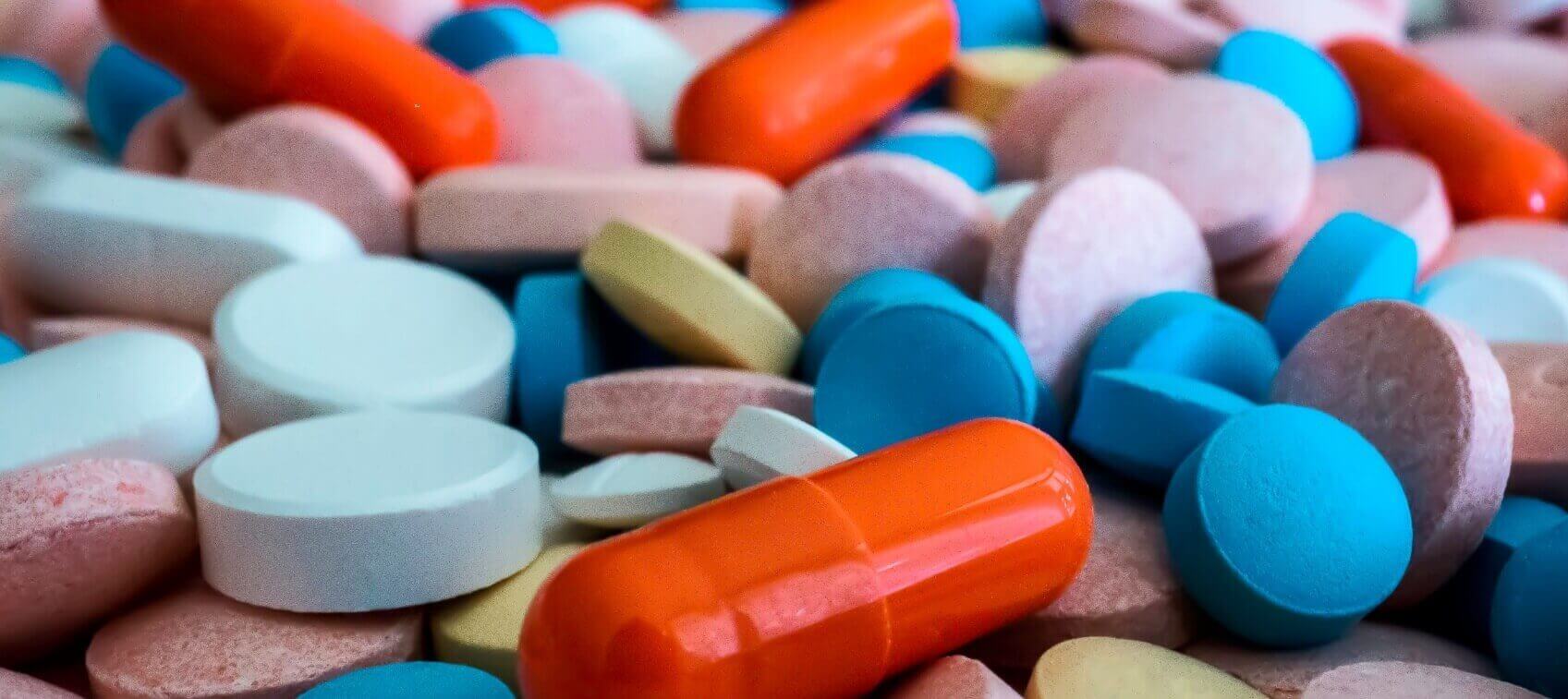
If you have cardiovascular issues, your doctor may have prescribed an ACE inhibitor medication, such as Captopril, Ramipril, Enalapril, Benazepril, Fosinopril or Quinapril.
For people with arterial disease, these medications can be a lifesaver! But, as I’ll explain in a minute, they’re often overprescribed for other conditions—including high blood pressure—where natural alternatives may be a better choice.
How Do ACE Inhibitors Work?
ACE is short for “angiotensin-converting enzyme,” a protein produced in your lungs. Its job is to convert angiotensin I (a harmless molecule) into angiotensin II—the most potent blood vessel constrictor known to science.
In people with arterial disease, ACE is pathologically overactive which can dangerously narrow your blood vessels and raise your blood pressure. By helping to inhibit the overproduction of angiotensin II, ACE inhibitor medications help your heart by:
- Relaxing your blood vessel walls
- Reducing energy consumption in your heart
- Lowering blood pressure levels
- Protecting the membranes of your heart muscle cells from oxidation
ACE Inhibitors Are Typically Prescribed After a Heart Attack
After a heart attack, your left ventricle may have wall motion abnormalities, meaning that the scarred areas are not contracting with the rest of the muscle tissue.
Echocardiograms have shown that ACE inhibitor drugs support the left ventricle so that it works more like a healthy heart, improving pumping ability and ejection fraction (the amount of blood pushed forward with each heartbeat).
But You Need to Weigh the Risks
ACE inhibitors have a number of potential side effects, including:
- Decreased kidney function
- Decrease in sexual function
- Dizziness, headache, fatigue, and depression
- Liver damage
- Increased potassium levels, which can lead to serious cardiac problems—which is of concern for those taking potassium preparations or potassium-sparing diuretics
Plus, some patients (more often women than men) taking ACE inhibitor drugs may also develop a troublesome dry, hacking cough as a side effect, but this may be alleviated by switching to a newer generation of the medication.
Plus, Recent Data on Lung Cancer Has Me Very Concerned
While many pharmaceutical medications have side effects I can live with, or will counteract with diet or supplements, recent data concerning ACE inhibition and lung cancer has me very concerned.
If you are on a medication like ACE derivatives you may want to discuss this with your physician and explore the possibility of other pharmaceutical alternatives.
Plus, for high blood pressure there are natural alternatives to ACE inhibitors, including:
- Hawthorn berry extract (500 mg 2 to 3 times daily) increases blood flow in smaller vessels, and acts like an ACE inhibitor as it decreases blood pressure
- Magnesium (200 to 400 mg daily)
- DHA Omega-3s (300 mg to 1.2 g daily)
- Garlic (500–1,000 mg daily)
- L-arginine (2–3 grams 3 times daily)
As always, I encourage my patients to stick to a smart cardiovascular nutrition plan and to find natural ways to lower blood pressure and other heart risk factors so that they limit their chances of ever having to take an ACE inhibitor drug.


